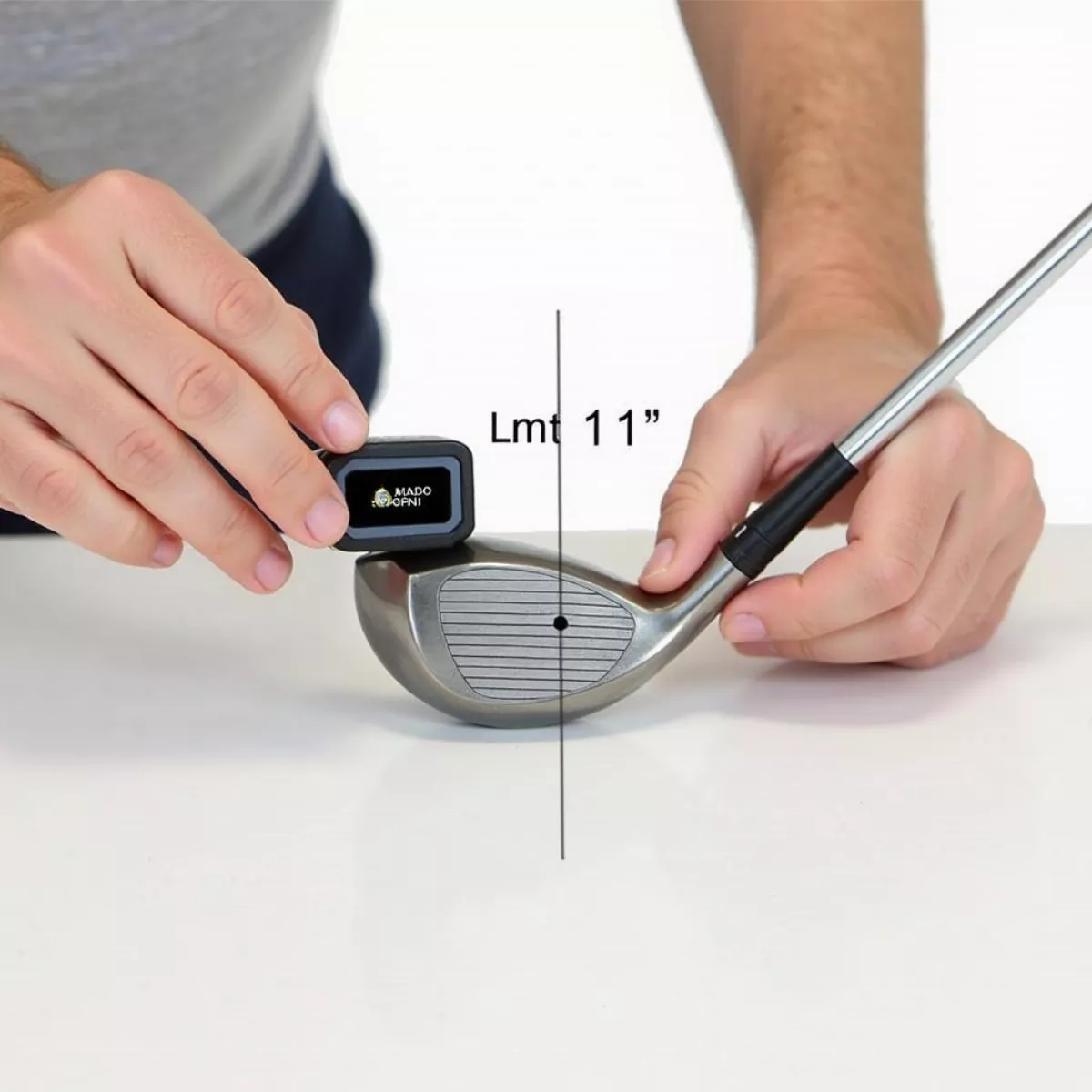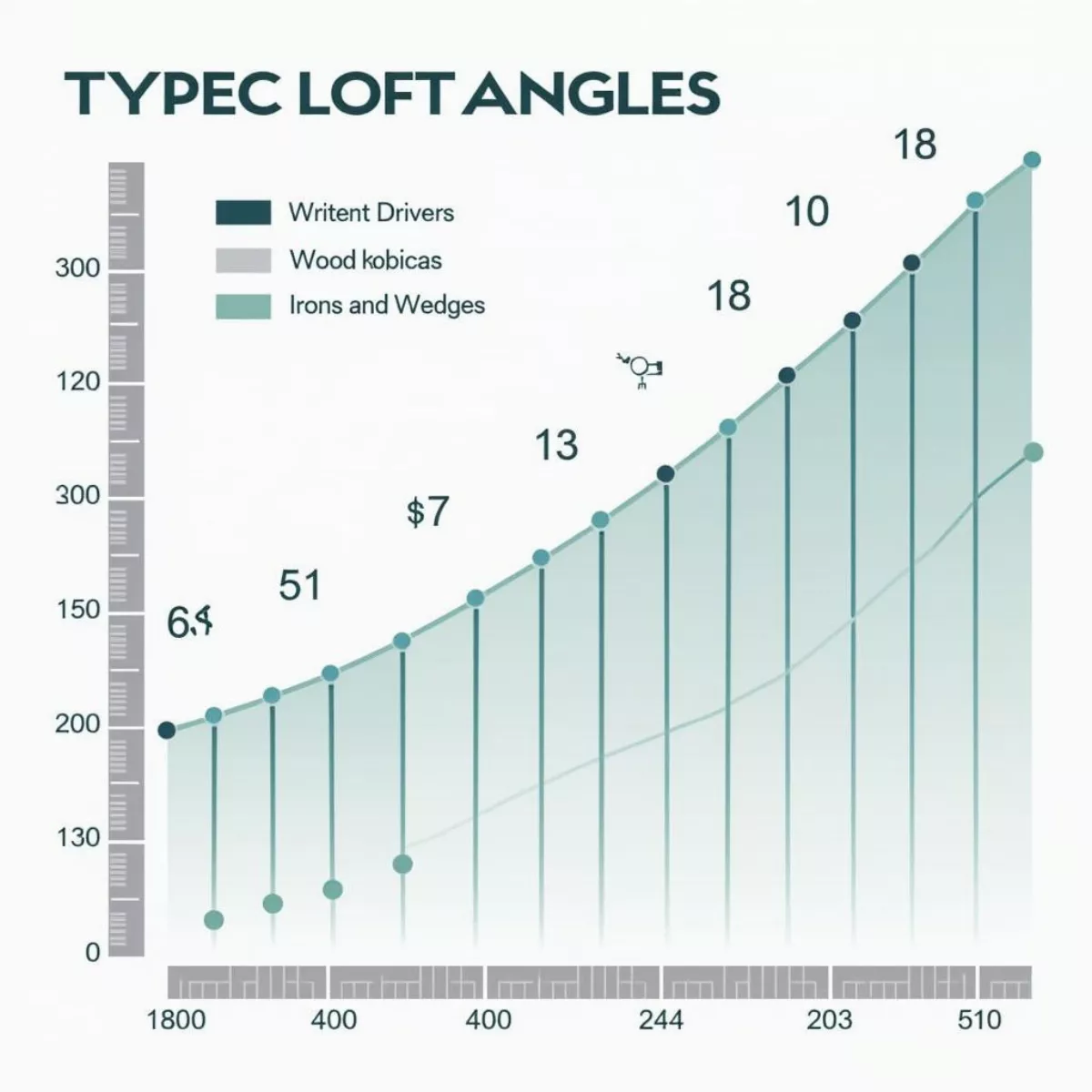how to measure loft of golf club

When it comes to golf clubs, understanding the loft can make a significant difference in your game. Whether you’re a seasoned pro or just starting, measuring the loft of your clubs can help you choose the right one for your swing style and playing conditions. In this guide, we will walk you through everything you need to know about measuring loft, why it matters, and how it can improve your game.
Understanding Loft
In golf terms, loft refers to the angle of the clubface relative to the ground. The loft affects the trajectory and distance of your golf shot. A higher loft means the ball will fly higher but will travel shorter distances, while a lower loft results in a lower flight path with more distance.
Why Loft Matters
- Control: Proper loft helps you control the ball’s trajectory, allowing for precision shots.
- Approach Shots: Understanding loft aids in executing approach shots with the appropriate angle.
- Distance Management: Knowing how loft affects distance can help you make better club selections.
How to Measure Loft of a Golf Club
Measuring the loft of a golf club can be done using various methods. Below are the most common techniques:
1. Using a Loft and Lie Machine
A loft and lie machine is the most accurate method to measure the loft of any golf club.
- Step 1: Secure the club in the machine.
- Step 2: Ensure the club is positioned correctly by lying flat against the platform.
- Step 3: Read the loft measurement from the machine’s display.
Tip: You can find loft and lie machines at most golf fitting centers.
2. Using a Digital Angle Finder
Another option is to use a digital angle finder. This method is handy for DIY measurements.
- Step 1: Place the club on a flat surface.
- Step 2: Position the angle finder on the clubface.
- Step 3: Adjust until it’s level, and then read the angle displayed.

3. Manual Measurement with a Protractor
If you don’t have access to the above tools, measuring with a simple protractor will work, although it may not be as accurate.
- Step 1: Position the club so that its shaft is vertical.
- Step 2: Hold the protractor against the clubface.
- Step 3: Read the measurement where the clubface meets the protractor.
4. Measuring Against a Wall
This is more of a rough estimate, but it can be done easily at home.
- Step 1: Place the club’s face against a flat wall or board.
- Step 2: Mark the point where the top of the clubhead meets the wall.
- Step 3: Measure the angle with a protractor from the wall to the mark you made.
5. Compare with Club Specifications
Finally, you can always refer to the club specification provided by the manufacturer. Many reputable brands publish detailed specifications for their clubs.
| Golf Club Type | Typical Loft Angle |
|---|---|
| Driver | 8° – 15° |
| 3 Wood | 15° – 20° |
| 5 Wood | 20° – 25° |
| 3 Iron | 20° – 23° |
| 4 Iron | 23° – 26° |
| 5 Iron | 26° – 29° |
| 6 Iron | 29° – 32° |
| 7 Iron | 32° – 35° |
| 8 Iron | 35° – 38° |
| 9 Iron | 38° – 42° |
| Pitching Wedge | 44° – 48° |
| Sand Wedge | 54° – 58° |
| Lob Wedge | 58° – 64° |
Tips for Measuring Loft Accurately
- Use Consistent Methods: Always measure using the same method for comparison.
- Take Multiple Measurements: To ensure accuracy, measure each club several times and average the readings.
- Check Regularly: As clubs can wear over time, regular checks can help maintain performance.
Common Loft Measurements Explained
The Loft of Different Clubs
- Drivers: Generally have the lowest loft of all clubs (8°-15°) to help achieve maximum distance.
- Woods: Ranging from 15°-25°, these clubs are designed to hit the ball high and far.
- Irons: These clubs have increasing loft angles from 20° for the 3 iron up to about 42° for the 9 iron.
- Wedges: Feature the most loft, usually between 44° to 64° depending on the type of wedge.

Key Takeaways
- Understand the Importance of Loft: It impacts control, distance, and shot trajectory.
- Use Different Techniques: Whether it’s a loft and lie machine or a manual protractor, different methods can serve your needs.
- Regular Measurements: Consistent loft measurements can help maintain your skill and improve your game.
Frequently Asked Questions (FAQ)
1. What is the ideal loft for a driver?
The ideal loft for a driver usually ranges from 9° to 11°, but this can vary based on a player’s swing speed.
2. Does a higher loft mean more distance?
Not necessarily. While higher loft can help achieve a higher launch angle, it may not always translate to longer distances depending on swing mechanics.
3. How often should I check my club loft?
It’s a good idea to check your club loft at least once a year or whenever you notice significant wear and tear.
4. Can I measure loft at home?
Yes! You can measure loft using a protractor or an angle finder, but accuracy might vary compared to professional equipment.
5. Why do manufacturers list different lofts for the same club type?
Different manufacturers have varying design philosophies, aiming for different performance characteristics, leading to discrepancies.
6. Can I adjust the loft of my driver?
Many modern drivers come with adjustable loft settings, allowing players to customize their clubs for improved performance.
7. Will changing loft affect my swing?
Yes, altering the loft can change how the ball behaves in the air, which in turn can affect your overall swing and approach.
8. What should I do if my loft measurements are inconsistent?
If you’re getting inconsistent measurements, consider professional fitting to ensure your clubs are set up correctly.
9. Do all golfers need to measure loft?
While it’s essential for serious players, even casual golfers can benefit from knowing loft for better shot selection.
10. Can beginners benefit from understanding loft?
Absolutely! Understanding loft helps beginners make informed choices about club selection, which can enhance their learning experience.
By learning how to measure the loft of your golf clubs, you’re investing in your golfing skills. The right loft can dramatically influence your game, making it easier to achieve those coveted birdies. So, grab your tools, follow this guide, and hit the course with renewed confidence!